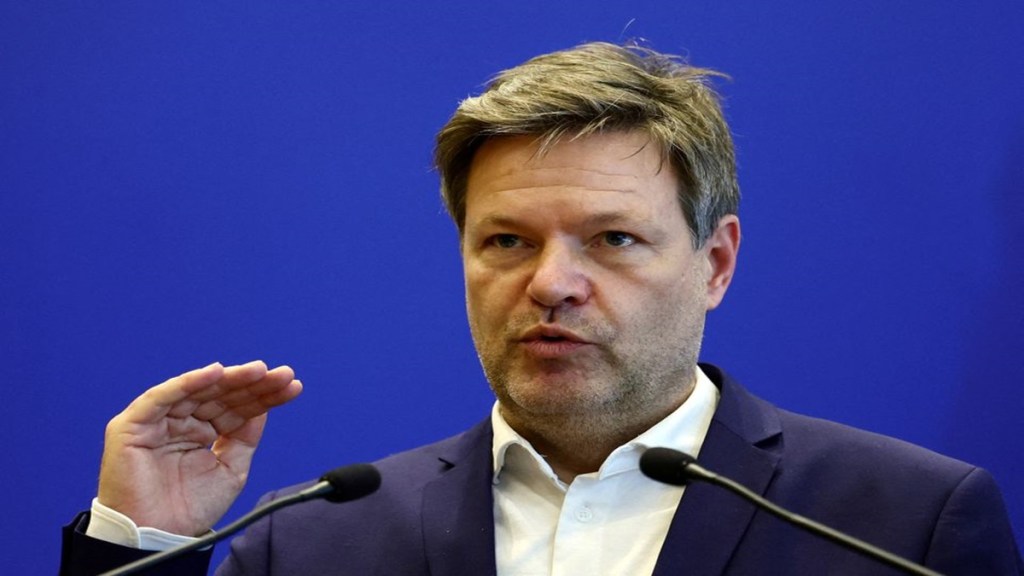Germany’s Vice-Chancellor and Minister of Economic Affairs and Climate Action, Dr. Robert Habeck, is all set to embark on a significant three-day visit to India, where he will visit three major cities. Accompanied by a high-ranking official and a delegation of top executives from prominent German companies, his visit aims to bolster Indo-German ties and explore untapped potential in renewable energy and green hydrogen.
The visit will also witness the inauguration of an Indo-German Business Forum in Delhi, organized by the Indo-German Chamber of Commerce, centered around the theme “Inviting Innovation: Transforming the economy for a shared sustainable future.”
During his stay, Vice-Chancellor Habeck is scheduled to engage in high-level meetings with key Indian ministers, including Minister of Commerce and Industry, Piyush Goyal, Minister of External Affairs, Dr S Subrahmanyam Jaishankar, and Minister of Power and New & Renewable Energy, RK Singh.
With a focus on business partnerships, Vice-Chancellor Habeck will visit several Indo-German joint ventures in Delhi and Mumbai, showcasing the potential for collaboration and investment in various sectors. In Mumbai, he plans to meet with the top officials to support a non-governmental project promoting sustainable development and hold discussions with young Indian entrepreneurs.
Additionally, his visit will culminate with his participation in the G20 Energy Ministers meeting in Goa, where he will contribute to discussions on global energy challenges and sustainable solutions.
Ahead of his visit, Vice-Chancellor Habeck emphasized India’s significance as the world’s most populous country and a key growth market. He reaffirmed Germany’s commitment to expanding and strengthening its strategic partnership with India, recognizing the mutual benefits it brings. In particular, he highlighted the immense potential for cooperation in renewable energy and green hydrogen, which aligns with India’s sustainable development goals.
Furthermore, this visit offers a prime opportunity for Vice-Chancellor Habeck to breathe new life into negotiations between the EU and India for a Free Trade Agreement. Both sides have expressed a desire to conclude the negotiations by the end of 2023, but progress has been slow since they resumed in June 2022. To achieve this ambitious goal, negotiators must demonstrate greater willingness to compromise and avoid overburdening the FTA with non-trade-related policy objectives.
For the machinery and plant engineering sector, India already holds significant importance as the second most vital market in Asia. Vice-Chancellor Habeck believes that European mechanical engineering can play a vital role in helping India achieve its sustainability goals.
One of the critical aspects of the EU-India Free Trade Agreement negotiations involves facilitating the import of agricultural products from India. In return, India must fully liberalize tariffs in the industrial sector and abandon exemptions. Currently, tariffs on EU exports to India, especially in the machinery sector, average 7.5 percent, making them among the highest in the world.
Vice-Chancellor Habeck’s visit holds great promise for fostering strong economic ties between Germany and India, paving the way for a shared sustainable future. By exploring cooperation opportunities in renewable energy and resolving key trade-related issues, both countries can benefit from a resilient and diversified economy while contributing to global sustainability goals. As the world watches this partnership unfold, the potential for growth and positive change is immense.

